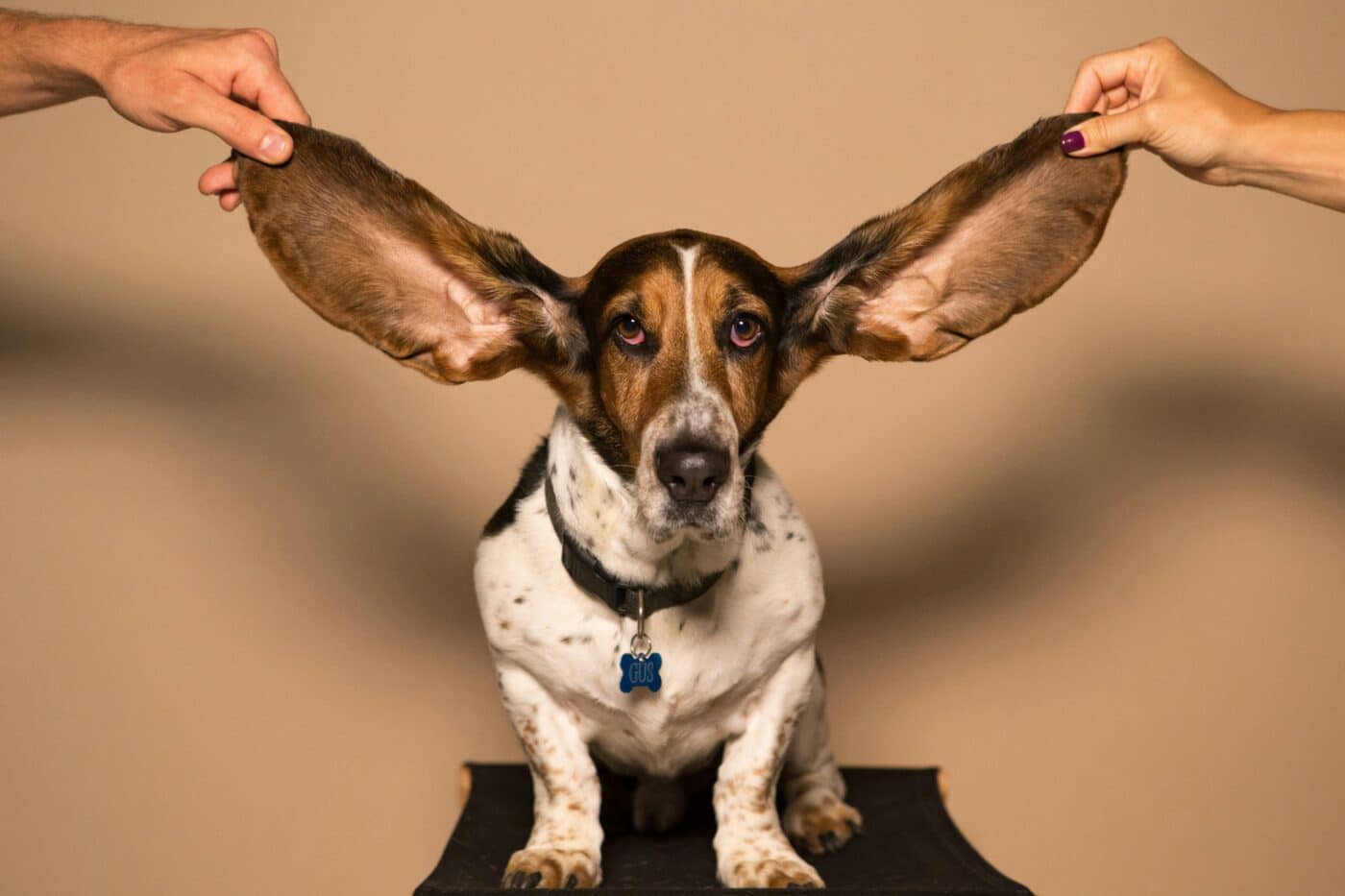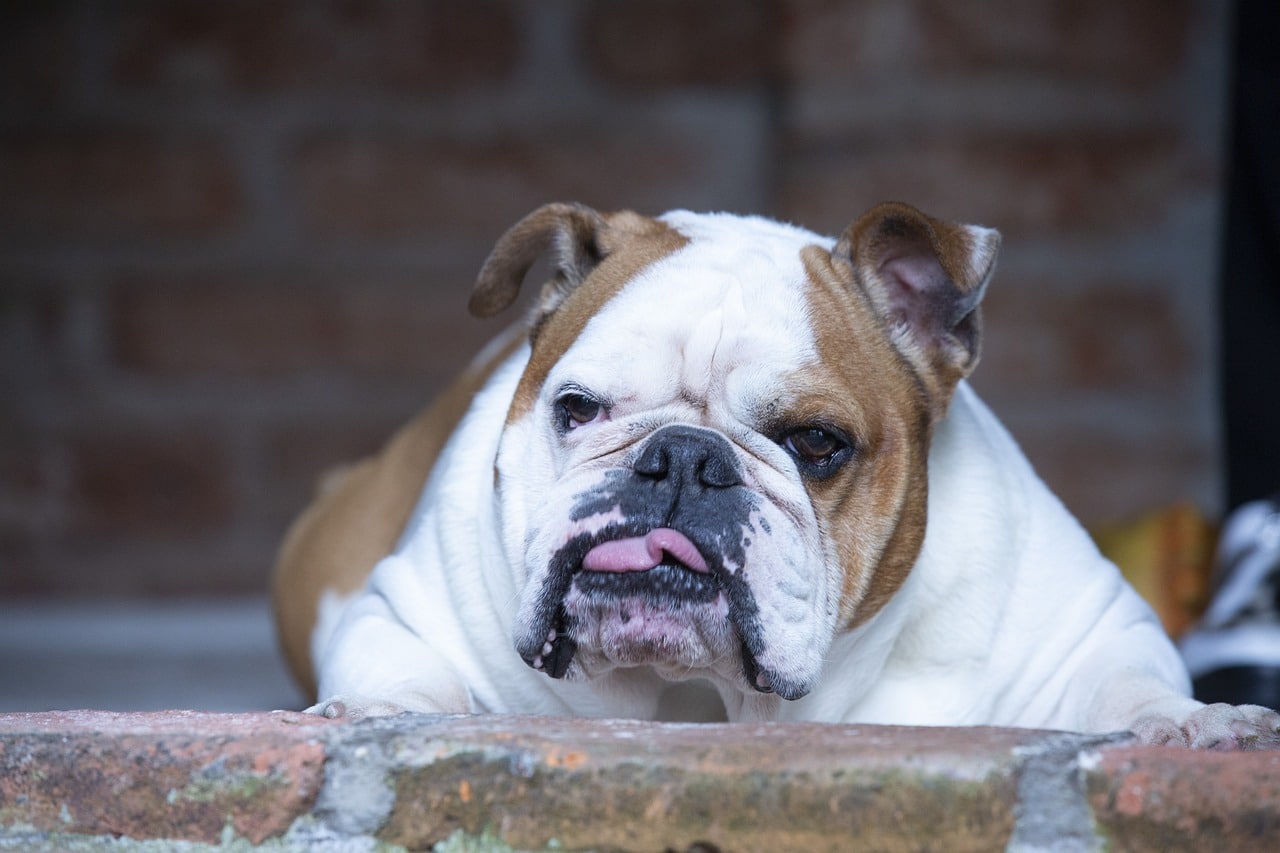 Shutterstock
Shutterstock
Ear infections are common and often uncomfortable health issues in dogs, frequently necessitating veterinary care. Certain breeds are particularly prone to these infections due to their ear structure, genetic predispositions, and other factors like allergies and moisture. These breeds may require more diligent ear care to prevent recurring problems. By recognizing which breeds are most susceptible to ear infections, owners can take proactive steps in prevention and seek timely treatment when needed, ensuring their dogs remain comfortable and healthy. Regular ear cleaning and monitoring are essential for these at-risk breeds.
Beagle
 Shutterstock
Shutterstock
Beagles are known for their excellent sense of smell and friendly nature, but their long, floppy ears make them prone to ear infections. The shape of their ears can trap moisture and debris, creating an ideal environment for bacteria and yeast to thrive. Additionally, Beagles are prone to allergies, which can exacerbate ear problems. Owners should regularly clean their Beagle’s ears and keep them dry, especially after swimming or bathing. Regular veterinary check-ups are essential to catch infections early and treat them promptly.
Cocker Spaniel
 Shutterstock
Shutterstock
Cocker Spaniels have long, floppy ears covered in hair, which can trap moisture and debris, leading to ear infections. Their narrow ear canals can also contribute to this problem. Cocker Spaniels are prone to bacterial and yeast infections, often caused by underlying allergies. Regular ear cleaning and grooming can help prevent diseases, and owners should be vigilant for signs of discomfort, such as scratching, head shaking, or a foul odor. Early intervention and veterinary care are crucial to managing ear health in Cocker Spaniels.
Labrador Retriever
 Shutterstock
Shutterstock
Labrador Retrievers are beloved for their friendly and outgoing nature but are also prone to ear infections due to their love for water. Their floppy ears can trap moisture, creating an environment conducive to bacterial and yeast growth. Labradors are also prone to allergies, contributing to ear problems. Regular cleaning and ensuring their ears are dry after swimming or bathing can help prevent infections. Owners should watch for signs of discomfort and seek veterinary care if they notice any symptoms of an ear infection.
Basset Hound
 Shutterstock
Shutterstock
Basset Hounds are known for their long, droopy ears that can easily trap moisture and debris, making them susceptible to ear infections. Their heavy ear flaps restrict airflow, creating a warm, moist environment ideal for bacterial and yeast growth. Basset Hounds are also prone to skin conditions and allergies that can affect their ears. Regular ear cleaning and ensuring their ears are dry after exposure to water are essential preventive measures. Owners should be alert to signs of infection, such as head shaking, scratching, and a foul odor, and seek veterinary care promptly.
Golden Retriever
 Shutterstock
Shutterstock
With their friendly and affectionate nature, Golden Retrievers are prone to ear infections due to their floppy ears and love for swimming. Their ears can trap moisture, leading to bacterial and yeast infections. Golden Retrievers are also susceptible to allergies, which can exacerbate ear problems. Regular cleaning and ensuring their ears are dry after swimming or bathing can help prevent infections. Owners should watch for signs of discomfort and seek veterinary care if they notice any symptoms of an ear infection.
Poodle
 Shutterstock
Shutterstock
Poodles, particularly Standard and Miniature Poodles, are prone to ear infections due to their curly hair, which can grow inside the ear canal and trap moisture and debris. Poodles are also prone to allergies, which can contribute to ear problems. Regular ear cleaning and grooming to remove excess hair can help prevent infections. Owners should be vigilant for signs of discomfort, such as scratching, head shaking, or a foul odor, and seek veterinary care promptly.
Shih Tzu
 Shutterstock
Shutterstock
Shih Tzus have long, flowing coats and floppy ears, which can trap moisture and debris, making them prone to ear infections. Their narrow ear canals can also contribute to this problem. Shih Tzus are prone to bacterial and yeast infections, often caused by underlying allergies. Regular ear cleaning and grooming can help prevent infections, and owners should be vigilant for signs of discomfort, such as scratching, head shaking, or a foul odor. Early intervention and veterinary care are crucial to managing ear health in Shih Tzus.
German Shepherd
 Shutterstock
Shutterstock
German Shepherds are known for their intelligence and loyalty but are also prone to ear infections due to their large, erect ears that can trap debris and moisture. German Shepherds are also susceptible to allergies, which can contribute to ear problems. Regular ear cleaning and monitoring for signs of discomfort, such as scratching, head shaking, or a foul odor, can help prevent infections. Early intervention and veterinary care are essential to managing ear health in German Shepherds.
Shar Pei
 Shutterstock
Shutterstock
Shar Peis have distinctive wrinkled skin and small, tight ear canals that can trap moisture and debris, making them prone to ear infections. Their unique ear structure can restrict airflow, creating an environment conducive to bacterial and yeast growth. Shar Peis are also prone to skin conditions and allergies affecting their ears. Regular ear cleaning and ensuring their ears are dry after exposure to water are essential preventive measures. Owners should be alert to signs of infection, such as head shaking, scratching, and a foul odor, and seek veterinary care promptly.
English Bulldog
 Shutterstock
Shutterstock
English Bulldogs are known for their distinctive appearance and gentle nature but are prone to ear infections. Their wrinkled skin and narrow ear canals can trap moisture and debris, leading to bacterial and yeast infections. Bulldogs are also susceptible to allergies, which can exacerbate ear problems. Regular ear cleaning and ensuring their ears are dry after swimming or bathing are essential preventive measures. Owners should watch for signs of discomfort and seek veterinary care if they notice any symptoms of an ear infection.
Keeping Your Pup’s Ears In The Clear
 Shutterstock
Shutterstock
These dog breeds are particularly susceptible to ear infections due to their ear structure, genetics, and other factors like allergies and moisture. Regular ear cleaning, grooming, and monitoring for signs of discomfort are crucial preventive measures. Owners must work closely with their veterinarians to manage and treat ear infections promptly, ensuring their pets’ comfort and overall health. By understanding these breeds’ specific needs and susceptibilities, owners can take proactive steps to prevent ear infections and maintain their dogs’ well-being, keeping them happy and healthy.
 Toledo, United States.
Toledo, United States.
